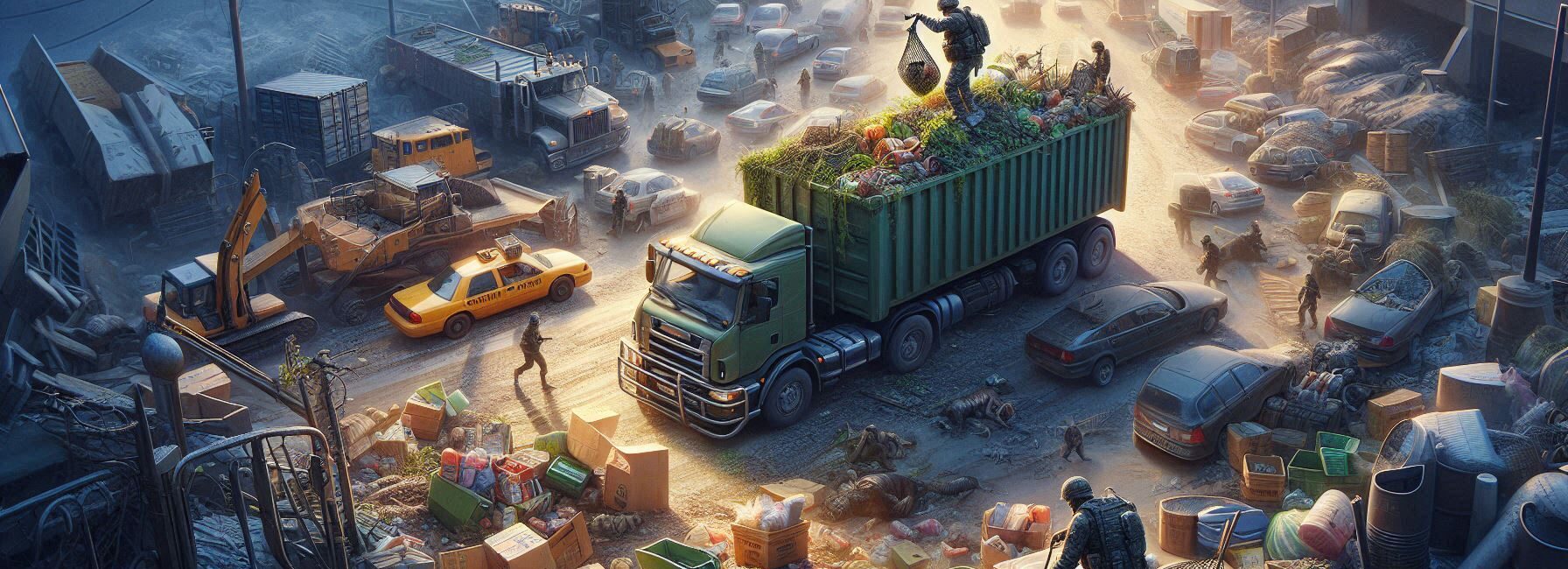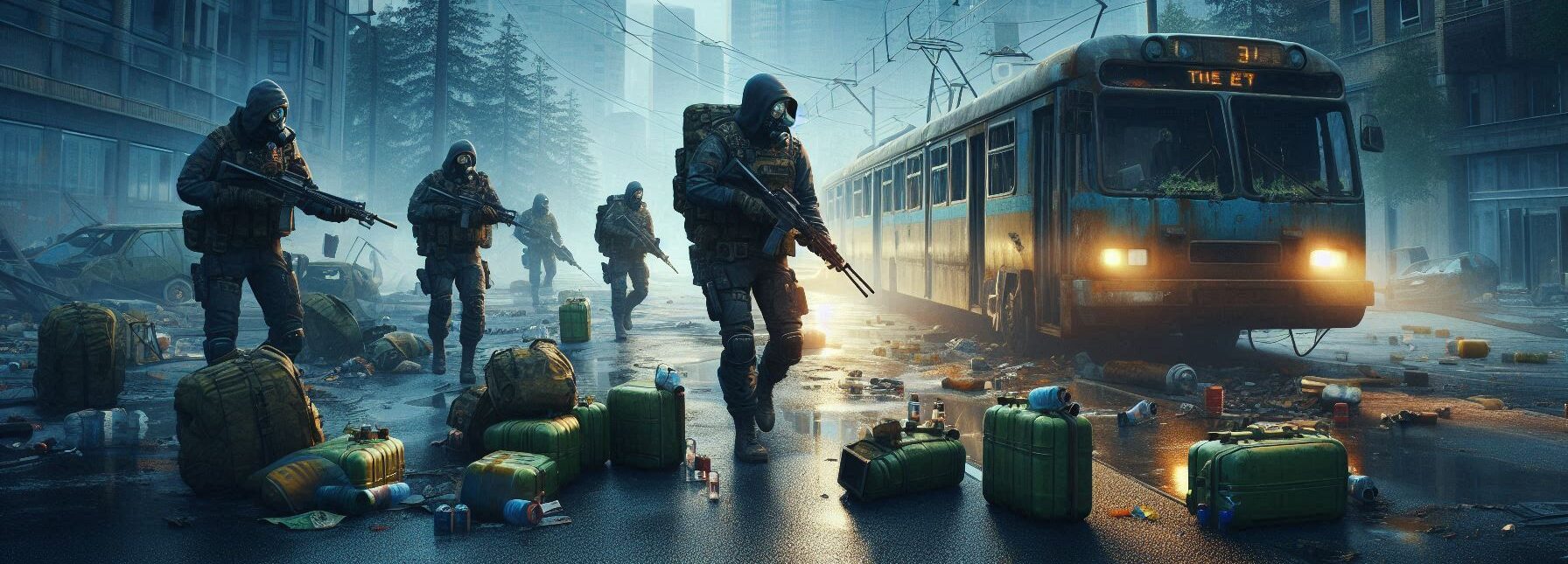Last Updated on November 1, 2025 by Kevin Collier
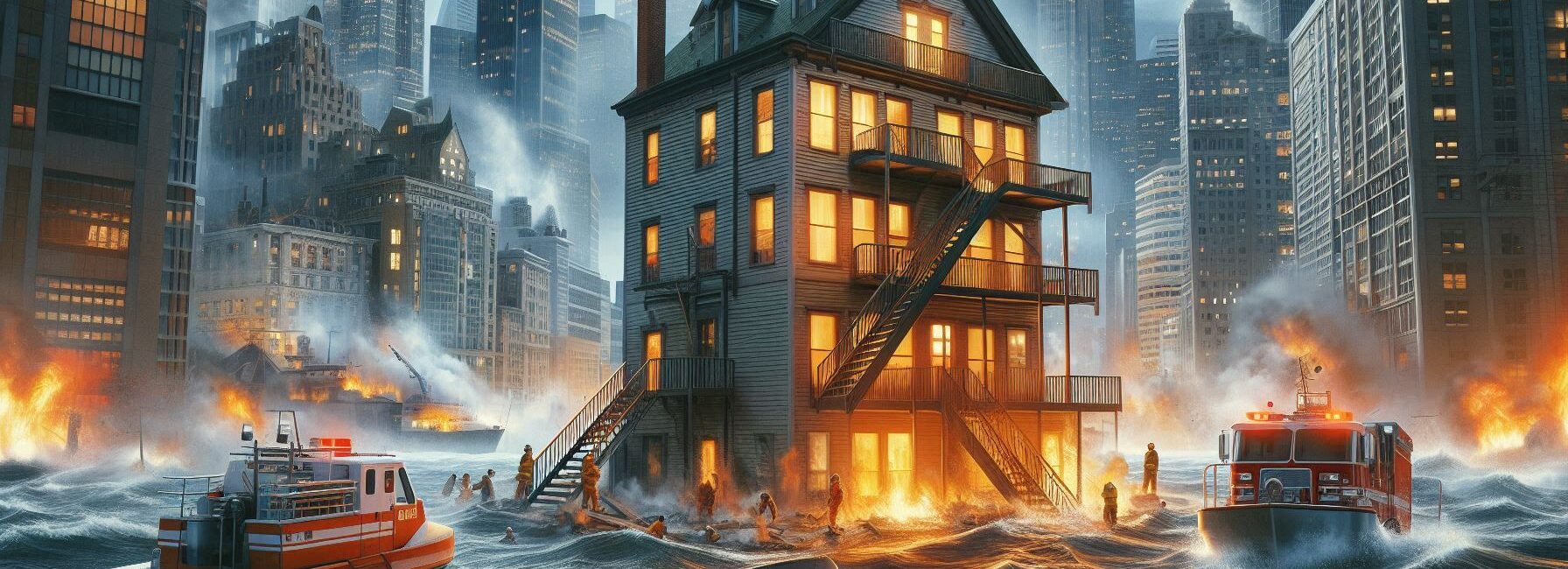
Top Takeaways and Key Concepts
- Assemble a complete emergency kit with water, flashlight, and essential supplies.
- Identify safe buildings and high-ground locations for shelter during crises.
- Learn your community layout and plan multiple evacuation routes in advance.
- Practice emergency drills with family to ensure calm, coordinated responses.
- Maintain communication using phones, walkie-talkies, or social media during disasters.
Picture this: the city is alive with chatter and laughter, and then, suddenly, it’s quiet. You feel that shift in the air. Maybe there’s a storm rolling in, or a big earthquake shaking things up. Yikes. We’ve all seen those movies, right?
In moments like that, knowing what to do can really help. It’s the difference between cozying up at home and suddenly thinking, “Uh-oh, what now?” You don’t want to be trapped under some debris, wondering how you got there.
Please Note: This post may contain affiliate links. If you click one of them, we may receive a commission at no extra cost to you. As an Amazon Associate, I earn from qualifying purchases.
Grab your emergency kit. I hope it’s got more than just those old granola bars. You want things that actually help. Water, a flashlight, maybe some comfy socks. Snacks are great, but you also need the essentials.
Let's speak about some simple things you may do to get through an emergency in the city. Getting shelter is really important. If you can, look for a strong building or even a friend's house. Knowing where to go can help you relax.
You should also practice how to get out. It may sound stupid, but go on a walk with your family. Or, while you're doing it, you could even dance a little. If things get out of hand, make sure everyone knows where to meet.
Don't worry. Breathe deeply. It's normal to be terrified, but don't forget that you can get through this. You can think about safety instead of panic when you're ready.
Look at it as an adventure. You are ready for everything that comes your way. You might not be as busy in the city, but you'll be ready. You'll get through it together. Just keep your wits about you and have faith in yourself.
Understanding Your Surroundings
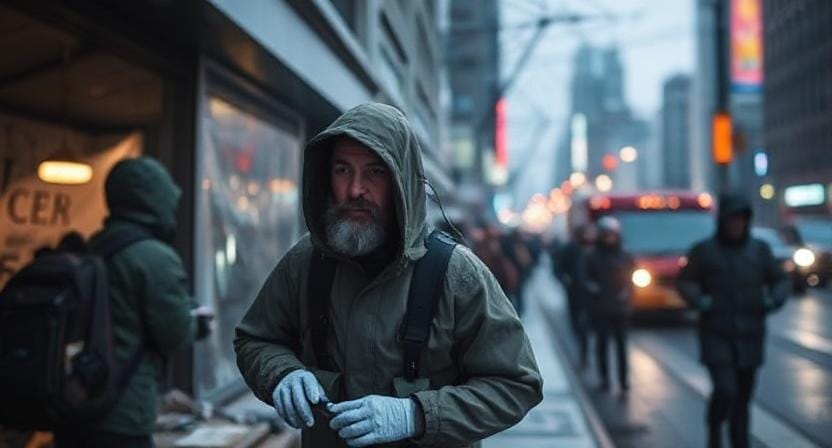
*** Shop for Survival Gear - Tools - Kits ***
Survival Gear - Bags and Backpacks - Knives - Boots/Footwear - Communication
Outdoor Cooking - Gloves - Hydration - Dry Boxes - Water Filtration Systems
Tents - Sleeping Bags - First Aid Kits - Multi-Tools - Flashlights - Fire Starters
Navigation - Survival Food - Night Vision - Headlamps - Stun Guns - Binoculars
Let's start by talking about being aware of your surroundings. You'd think this would be simple sense, like not hanging out with that one friend who always wants to sing karaoke at 2 AM, but a lot of people get caught up in fear. The first thing you should do in a crisis is figure out what's going on around you.
Also, learn about the layout of your community before something bad happens. Know where the main roads are and where there might be dangers, such construction sites or spots where pigeons appear too aggressive (I swear they're up to something).
Also, have maps or apps that work without an internet connection close by. You never know when Google Maps will decide to take a break.
And it's fascinating that you should pay attention to local news sources or community notifications. They often include important information on safe ways to get out of a building and places to stay during emergencies. Who would have thought that watching the news may save your life?
Finding Safe Places to Stay
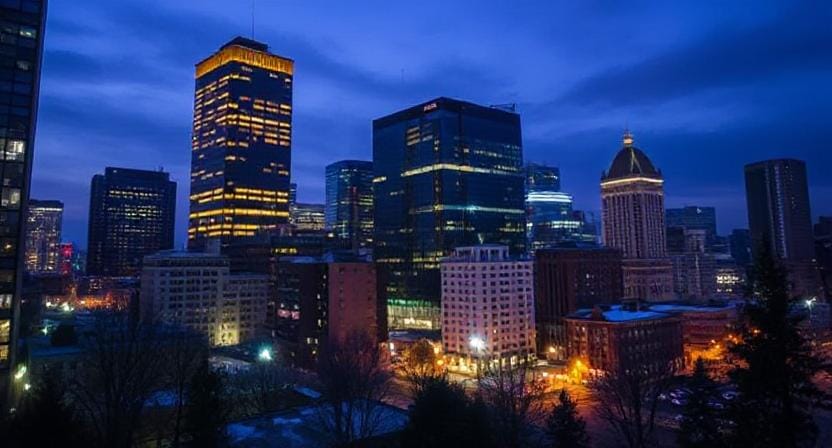
Now that you know where you are, let's talk about how to get refuge. When seeking for safety in a city, think about buildings that can survive many kinds of calamities. For example, don't choose the rickety shack by the park; choose a strong building instead.
When there is a crisis, schools and community centers are typically used as emergency shelters. They might even have food!
And if you're lucky enough to live near a library (which I think should be declared a national treasure), those can also be great places to hide because they are well-built and full of books. There's nothing like reading about medieval knights while chaos is going on outside to make you feel calm.
In the end, stay away from low-lying places that are likely to flood unless you want to take swimming lessons without warning! High ground is usually safer and easier to see from, and it also lets you look around without the worry of getting washed away by rogue waves or, even worse, a tidal wave of confused tourists!
Making a Plan for Your Evacuation Route
So, you've found a place to stay; now what? It's time to figure out how to get away! To be honest? It's not only about finding the quickest way out; you also need to make sure it's safe from things that could happen, like falling debris or angry squirrels (believe me, they're tougher than they look).
Instead of blindly following random people who can lead you astray, consider landmarks to help you plan your journey. Not all roads lead to Rome! It's helpful to know about more than one way out ahead of time because things might change quickly in an emergency.
Practice really does make perfect, even if it seems goofy at first! Spend some time with friends or family members practicing what to do in an emergency so that everyone knows where to go when they panic. It may sound silly, but trust me: practicing once will help you not get confused when the adrenaline comes in!
Keeping Cool Under Pressure
My favorite part is coming up: keeping calm in the middle of pandemonium. It's easier to say than do when everything feels like a scene from an action movie with someone else in it, but please listen to me! Staying calm helps you stay clear-headed when things are tough.
For example, try to take deep breathes whenever you can. It might sound cliché (and I rolled my eyes too), but slowing down really does help a lot with anxiety. Also, keep in mind that panicking almost never gets you anywhere good, except maybe losing your keys again!
But what if all else fails? Just be a superhero! Imagining yourself saving kittens from trees while avoiding bombs can not only make you feel better, but it might also keep you from thinking about the end of the world long enough for your brain to start working again.
Talking During Emergencies
Lastly, and I can't stress this enough, make sure that communication lines stay open during any urban catastrophe! Keeping in touch with friends who are nearby by texting them or utilizing walkie-talkies if cell service goes down totally (yes, people still use those!) makes it much easier to coordinate efforts!
Don't forget about social media, either. It may be a great way to let people know about safety zones or resources that are available after an emergency. And guess what? It's also fun!
So here we are, talking about how to get through tough times without turning into a bundle of nerves. It’s all about knowing what to do when things get scary.
Finding shelter’s super important. You want to know where to go. Think of strong buildings or places with lots of people. Safety in numbers, right? Familiar places can feel like a warm hug when everything else feels chaotic.
And evacuating? That can feel like a race. But it doesn't have to be scary. Just keep a clear head. Look around, stay calm, and remember your plan. It helps a lot. You’re not just running away. You’re moving toward safety. And hey, while you’re at it, don’t forget your snacks. Nobody wants to deal with chaos on an empty stomach. A little snack can turn panic into power, even if it’s just a granola bar.
Sometimes, it feels like chaos wants to steal your cool. But you’ve got the tools to handle it. You can do this. You’ve got your kit, your plan, and that little extra crunch in your pocket. Imagine going through a disaster and still thinking, “Well, at least I’ve got my snacks.”
Take a breath. You’re ready for whatever comes your way. Your mind is clear, and your heart is brave. You can navigate the wild city streets like a pro. Just remember, you won’t be alone. Others will be out there, too, all trying to find their way home, just like you.
Frequently Asked Questions
What items should be in an urban emergency kit?
Include water, flashlight, basic first-aid, communication tools, and essential personal supplies.
Where are the safest shelter options in a city crisis?
Reinforced structures such as schools, community centers, or solid multi-story buildings are safer than flimsy or low-lying areas.
Why is high ground important during an emergency?
High ground reduces flood risk and often provides a clearer vantage point for navigation and assessment.
How many evacuation routes should be planned?
Have multiple routes pre-identified because conditions may change quickly, blocking a single planned path.
Should families practice emergency routes ahead of time?
Yes. Practice enhances confidence, reduces panic, and ensures everyone knows where to go under stress.
How can communication be maintained if power or cell service fails?
Walkie-talkies, battery backups, and pre-arranged meetup locations help maintain coordination.
Is staying calm truly important during an evacuation?
Yes. Calm breathing and steady decision-making improve situational awareness and reduce dangerous mistakes.
Suggested Resources:
Emergency Preparedness – https://www.ready.gov
Urban Survival Guide – https://urbansurvivalsite.com
How To Create an Emergency Plan – https://www.redcross.org/get-help/how-to-prepare-for-emergencies.html
Disaster Preparedness Tips – https://www.fema.gov/emergency-managers/risk-management/disaster-preparedness-tips

Kevin Collier is a seasoned survivalist and expert in prepping and homesteading, contributing to WiseSurvive.com. With a deep-rooted passion for self-sufficiency and outdoor survival skills, Kevin shares practical advice, strategies, and resources to help individuals prepare for any challenge. His informative articles cover a range of topics, from essential survival techniques to sustainable living practices, empowering readers to thrive in any situation. Whether you're a novice or a seasoned prepper, Kevin's insights will inspire you to take charge of your readiness and build resilience for the future.



